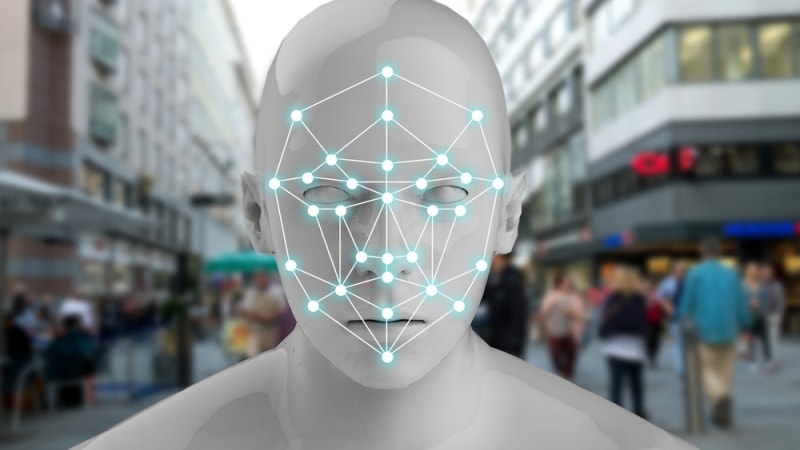
The City of San Francisco became the first city in the United States to ban law enforcement, as well as other city agencies, from using facial recognition technologies when its Board of Supervisors on Tuesday approved the Stop Secret Surveillance Ordinance.
“The propensity for facial recognition technology to endanger civil rights and civil liberties substantially outweighs its purported benefits, and the technology will exacerbate racial injustice and threaten our ability to live free of continuous government monitoring,” the ordinance, which was authored by Supervisor Aaron Peskin, reads.
The ordinance, which passed on a vote of 8-1, also deals with surveillance technologies more broadly, saying, “While surveillance technology may threaten the privacy of all of us, surveillance efforts have historically been used to intimidate and oppress certain communities and groups more than others, including those that are defined by a common race, ethnicity, religion, national origin, income level, sexual orientation, or political perspective.”
The law requires the police department to disclose what surveillance technologies it is already using. The ordinance specifically mentions cell site simulators, automatic license plate readers, electronic toll readers, closed-circuit television cameras, and gunshot detection hardware and services; however, the wording of the ordinance allows for a broad definition of surveillance technology.
The ordinance received significant support from privacy rights and criminal justice advocates. A coalition – which includes ACLU of Northern California, the Center for Media Justice, Color of Change, Data for Black Lives, the Electronic Frontier Foundation, and the Transgender Law Center – was created to support the legislation.
“By passing this law, the city gave the community a seat at the table and acted decisively to protect its people from the growing danger of face recognition, a highly invasive technology that would have radically and massively expanded the government’s power to track and control people going about their daily lives,” the coalition said in a statement released May 14. “Supported by Bay Area voters, and a broad coalition of privacy, civil rights, and racial justice groups, this powerful measure will protect the safety and civil rights of all San Franciscans who deserve to live their lives without being targeted by dangerous high-tech surveillance. In the hands of the government, face surveillance would supercharge discriminatory policing, stifle civic engagement, and entangle people with ICE. This law sets a strong standard for public safety in the digital age.”
While San Francisco was the first local government to pass a ban, it isn’t the only one interested in limiting government use of surveillance technologies, including facial recognition. In California, both Oakland and Berkeley are considering similar pieces of legislation, and on the other side of the country, Somerville, Mass., is considering a ban.
